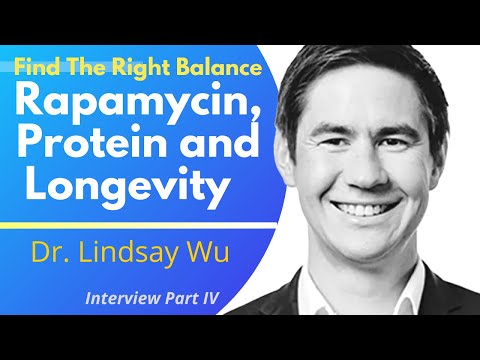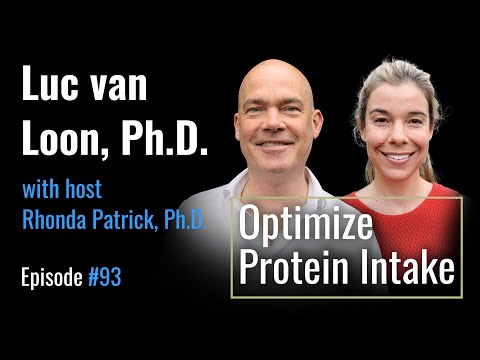Thanks. This was good. Even though brief, the discussion brings home the point that there is nuance to the protein intake / exercise / mTOR hypergrowth solution for each person, ie, there is NO one size fits all approach.
I have to admit, I eat a very low protein diet naturally, I do not like to eat high protein. It is a chore for me.
I am watching this video where Michael Gregor (quack vegan doctor) but who has written a book on longevity critiquing this bodybuilder with high protein intake.
I have to read more about this. I am having flashbacks to IGF-1 litterature which I thought was B.S but now there are soon drugs for dogs that maybe increase lifespan based on that mechanism… IGF-1 and protein is related.
I think high protein literature might be flawed… I am feeling the quackery in me that is wrong and I am purging this… Somehow it is all starting to make sense to me… IGF-1, mTOR, amino acid restriction, protein… Or I might just be high.
I’m still of the opinion that one should eat at least 1.6-2g/kg of protein per day spread over 4 meals AND take rapamycin to gain the best of both worlds.
Would you agree that lower protein is better if you have get no clinically significant side effect from it (muscle loss, loss of muscle strength)?
As long as your muscle mass stays equal or grows, your current protein intake is sufficient.
Equal at an already optimal level of muscle mass or strength is the caveat. Optimal is higher than what is the case for the average person.
How come thought so? I thought it was quite legit in lab / pre-clinical literature + the humans with genetically low. (Question for me was more that rats don’t risk falling and breaking a hip, etc, they way an old human does)
Excellent quote explaining CR (calorie restriction) lifespan benefits and the confusion surrounding it from the podcast, but it’s not mentioned more after this.
“What will happen if I eat 25% less calories than I need? Then you die. But people become healthier when they eat 25% less, but that is something else, it’s not that they are eating 25% less than they need, they are eating 25% less than what they are actually used of consuming. And that’s a huge difference between those two, and that’s of course often what we don’t want to see as it makes our lives more difficult.” @Neo
I have long been confused by CR claims…10% CR or 20% CR. 20% less than what? If the weight loss stabilizes, then how is it CR anymore? I’ve concluded (for now) that the CR is just a way to find the minimum calories needed to sustain the body and energy output needed for the chosen lifestyle.
If I was a professional athlete, I’d worry more about the maximum calories I could consume without adding body fat. But since I am not focused on performance only, I am looking for the least calorie and protein I need to sustain my body and energy usage and recovery and adaptation.
I dont think. % CR is helpful…at least not for me. I’ll use Dexa (2x/year) and a scale to monitor progress. I’ll also watch my performance progress.


